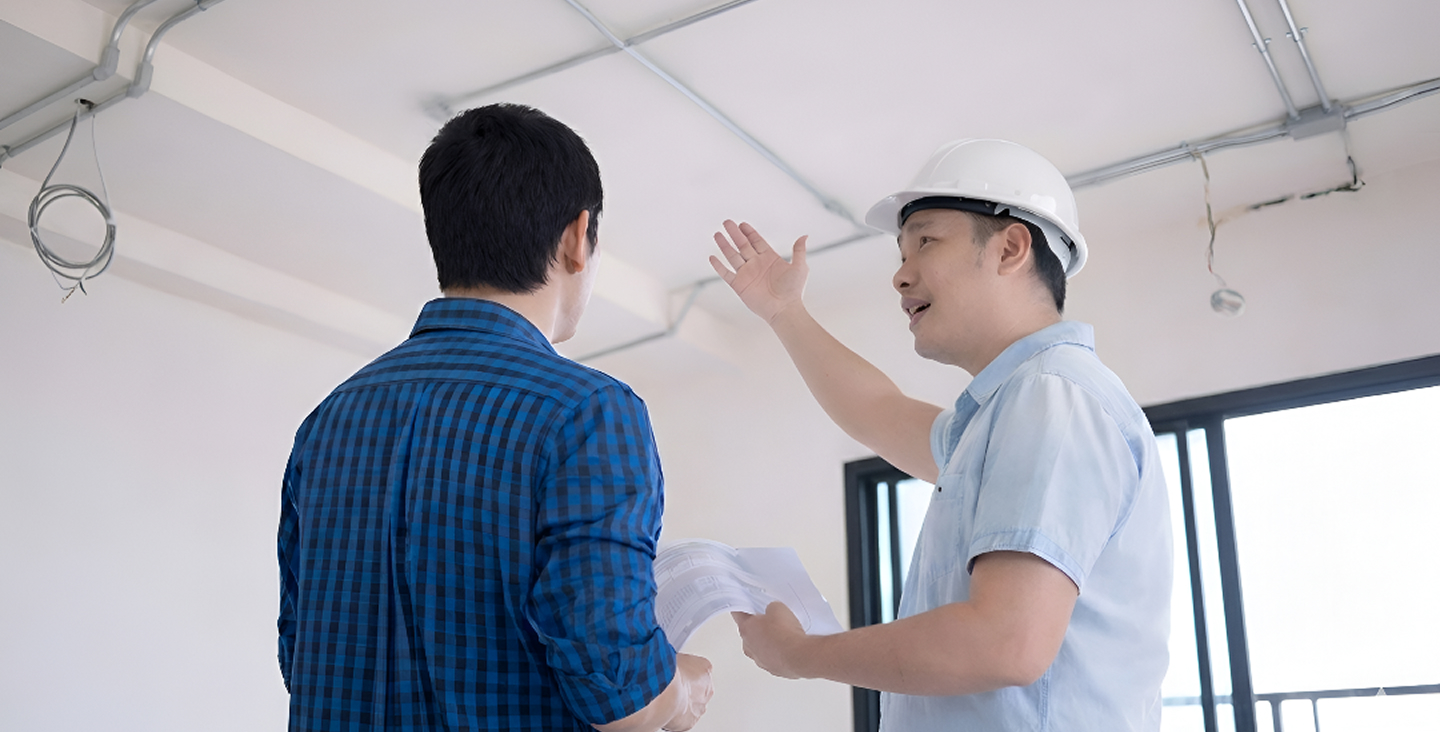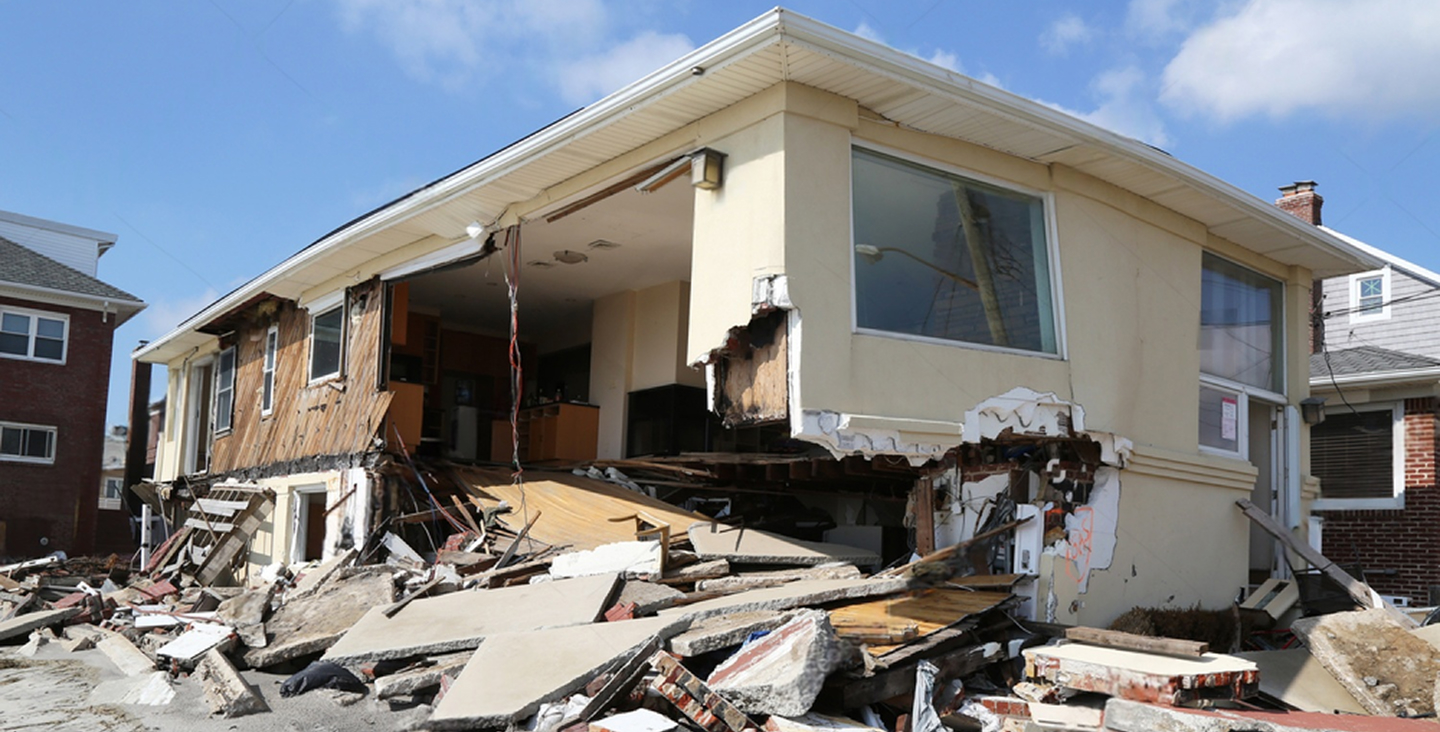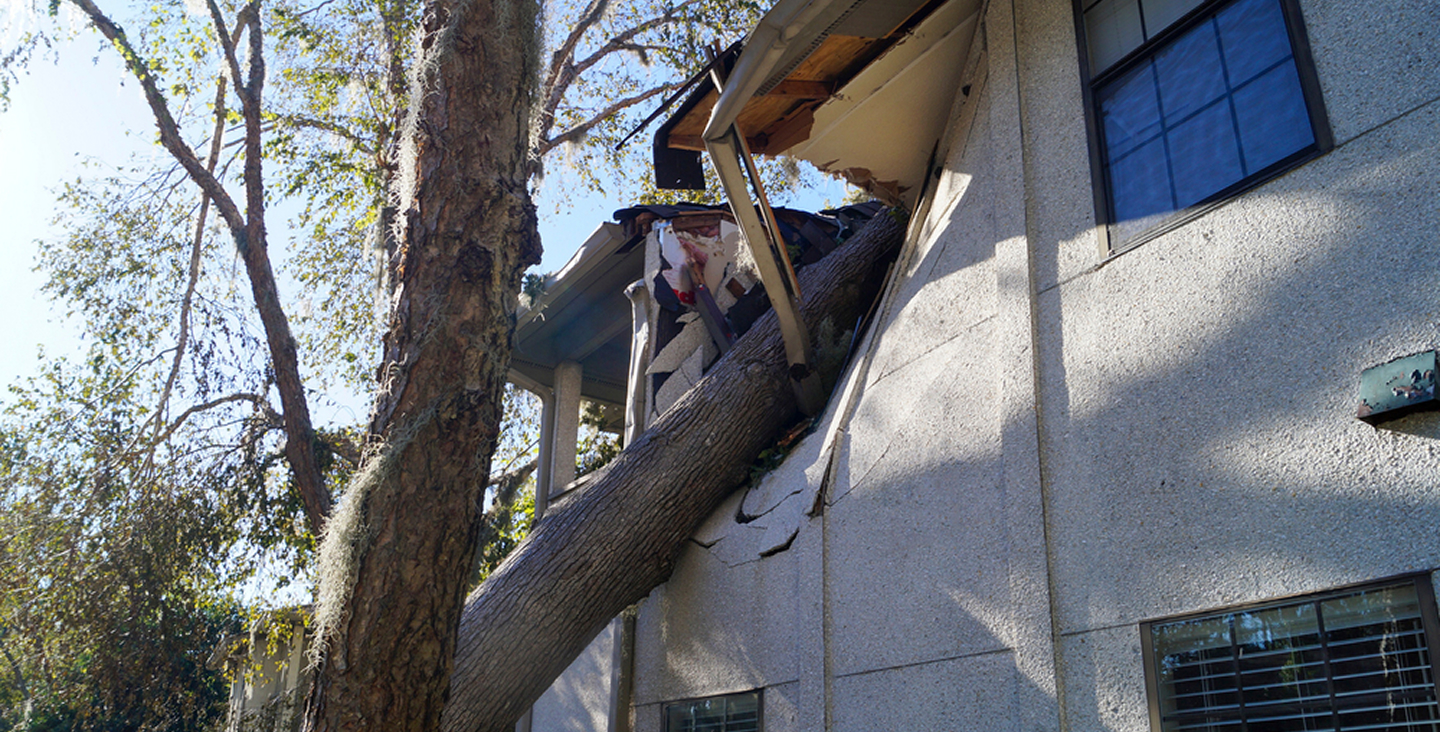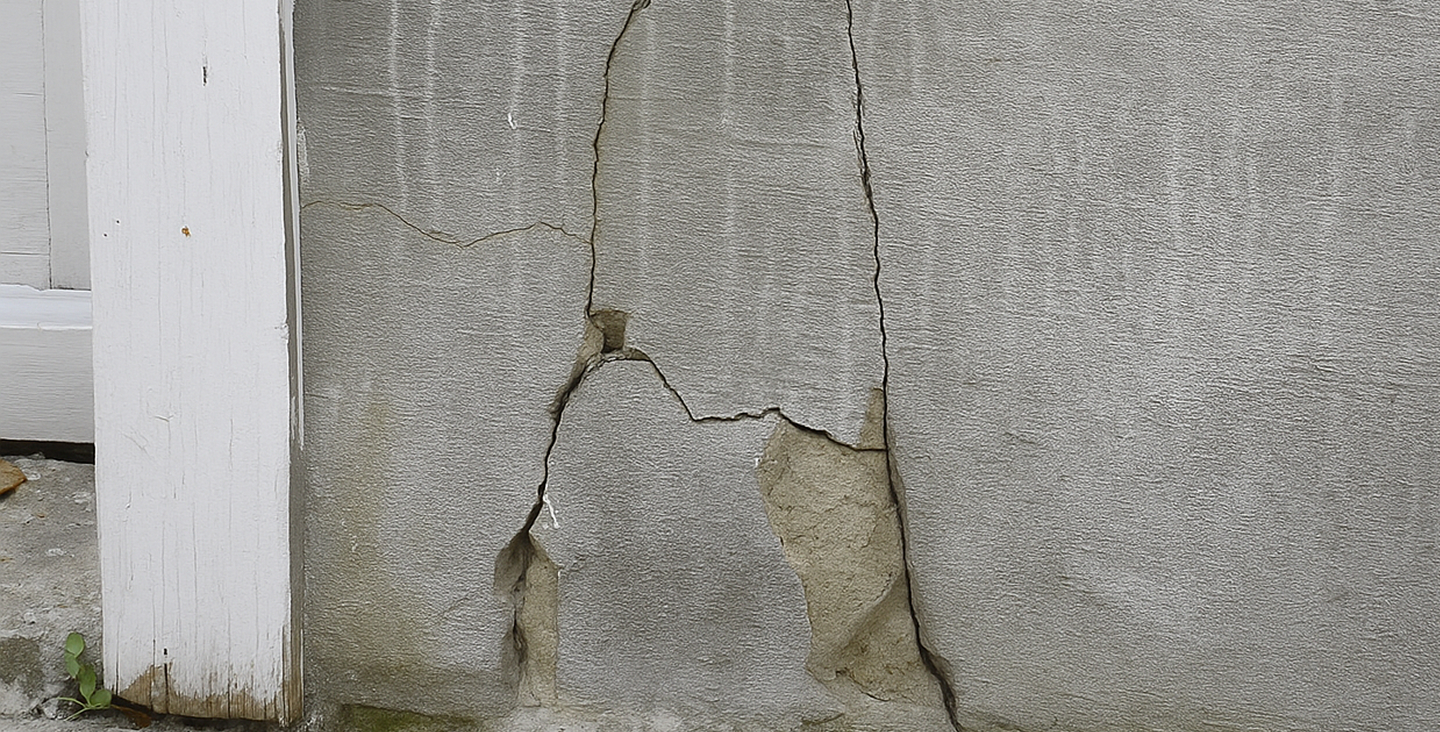
The Importance of Regular Maintenance for Building Longevity
Introduction
Constructing a building is a major milestone—but the work doesn’t end there. Long-term value and functionality depend on ongoing maintenance. Unfortunately, routine inspections and upkeep are often overlooked, leading to costly repairs and reduced property value over time. This guide explores why building inspections are crucial and what property owners should prioritize to keep their investments in top shape.
Importance Of Building Maintenance:
-
Reinforces Safety Through Routine Evaluations:
-
Sustains Infrastructural Performance:
- Plumbing and drainage—Risks of leaks and water damage
- HVAC systems – Irregular climate control and energy inefficiencies
- Electrical wiring—Potential fire hazards
- Roofing systems and exterior walls – Susceptibility to moisture and structural wear.
- Elevator systems—Safety and reliability concerns.
-
Reduces Long-Term Costs:
-
Supports Legal and Regulatory Compliance:
-
Benefit Functional Logitivity:






